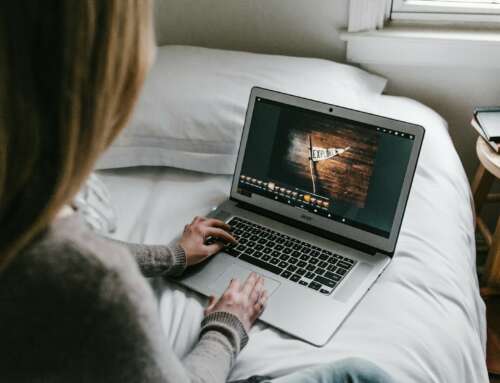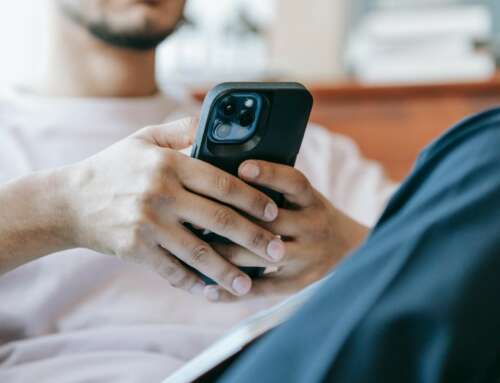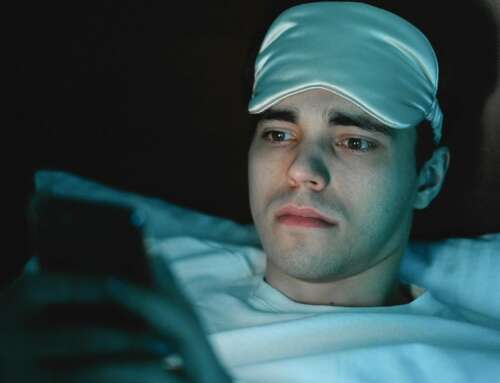Parents today struggle to set screen time guidelines.
One big reason is a lack of role models. Grandma doesn’t have any tried-and-true sayings about iPad time. This stuff is just too new.
But many experts on kids and media are also parents themselves. So when I was interviewing dozens of them for my book The Art of Screen Time, I asked them how they made screen time rules at home.
None of them held themselves up as paragons, but it was interesting to see how the priorities they focused on in their own research corresponded with the priorities they set at home.
House Rules for the research pediatrician:
Dr. Jenny Radesky is one of the lead authors of the most recent revision of the guidelines on media and children from the American Academy of Pediatrics. She is also the mother of two young boys, and as she says, “We’re not a tech-averse household.”
She and her husband both grew up watching “tons of TV” and playing video games. “We have a big flatscreen TV,” Radesky says. “I have a smartphone.”
In fact, she says, as a doctor she may be more prone to distraction than he is: “My husband’s really good. His stuff is always just on the kitchen counter and he hardly checks it unless it rings. But if I’m on call I have my pager on. If something is an emergency that’s how I can be found.”
For the kids, since they started school, the rule is “no media on weekdays.” They unplug at family dinner and before bed. They have a family movie night on Fridays, which is an example of the principle Radesky touts in her research, of “joint media engagement,” or simply sharing screen time.
On weekends, they allow the kids cartoons, apps and games like Minecraft. But more than just limiting time, says Radesky, “I try to help my older son be aware of the way he reacts to video games or how to interpret information we find online.” For example, she tries to explain how he is being manipulated by games that ask him to make purchases while playing.
House Rules for the sleep researcher:
Lauren Hale is a sleep researcher at Stony Brook University in New York. She sums up her findings from over a decade of research: “As kids and adults watch or use screens, with light shining in their eyes and close to their face, bedtime gets delayed. It takes longer to fall asleep, sleep quality is reduced and total sleep time is decreased.”
– Anya Kamenetz
Read more: Parenting In The Age Of Screens: Here’s What The Experts Do
Image by Marvin Meyer from Unsplash








Leave A Comment